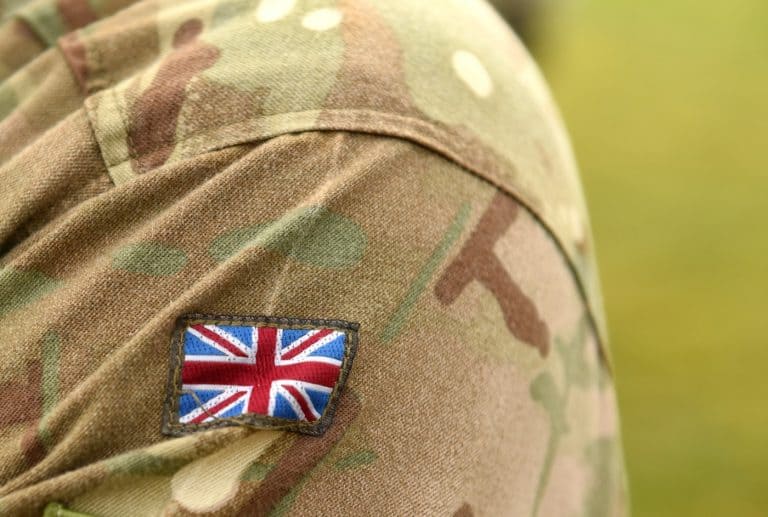
Military Fatal Accidents: What are the steps leading up to an inquest?
This is the second in a series of blogs about fatal accidents by the military team.
You can find the first blog in the series here.
In this blog I will explain what happens in the lead up to an inquest.
What is an inquest?
An inquest is a public court hearing for the coroner, sometimes with a jury, to decide who died, how, when and where the death happened.
The inquest process is ‘opened’ by the coroner and this will be done at a short hearing. The coroner will then adjourn or pause the inquest until a later date so that sufficient information can be gathered to allow the inquest to go ahead.
What is a pre-inquest review?
In more complex cases, there may be a pre-inquest review where the coroner sets out:
- How the inquest will run;
- The main issues that will be considered;
- The documents that will be needed;
- What evidence will be heard; and
- What witnesses and experts will be called
If you are a close relative of the person who has died you may attend the pre-inquest review. You are allowed to have a legal representative attend either with you or instead of you. You are also entitled to receive information and other documents and evidence such as witness statements and expert reports obtained by the coroner which may be used at the inquest hearing.
It may be the case that some documents cannot be provided for legal reasons but the coroner should give an explanation for why the document cannot be disclosed.
Those attending the pre-inquest review may give their own views about the issues the inquest should consider but it is for the coroner to make the final decision about what issues are considered.
What is an Article 2 inquest?
Article 2(1) of the European Convention of Human Rights states:
“Everyone’s right to life shall be protected by law.”
This law imposes certain obligations on the state and public bodies:
- A negative obligation to refrain from taking life;
- A positive obligation to take appropriate measures to safeguard life
A coroner will confirm that an inquest is an Article 2 inquest where there has been a death in state custody or where there has been a possible breach of an Article 2 duty.
What happens next?
The period of investigation leading up to the inquest itself can vary and it may take several months, if not years, to get to a final inquest hearing.
During this time the coroner’s office should provide regular updates.
It can be a long and difficult process, particularly where there needs to be a lengthy investigation surrounding the circumstances of someone’s death.
At Bolt Burdon Kemp we have experience of representing families at inquest, and can offer specialist advice and guidance on the process, and whether compensation should be sought where a death could and should have been avoided.










